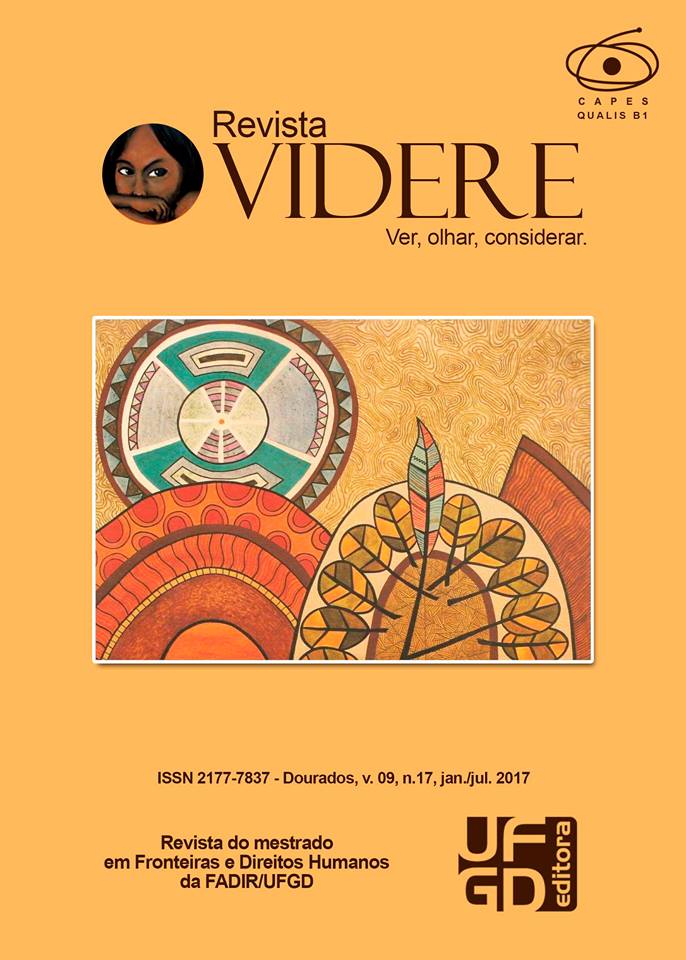O direito à privacidade: uma reflexão acerca do anteprojeto de proteção de dados pessoais
DOI:
https://doi.org/10.30612/videre.v9i17.6029Keywords:
Direito à Privacidade. Proteção de Dados Pessoais. Integridade normativa.Abstract
Este artigo se propõe a refletir a respeito do princípio da privacidade e demonstrar a premência da aprovação de regra coerente sobre a proteção de dados pessoais no Brasil, compreendendo que, com Dworkin, princípio representa um fechamento hermenêutico capaz de buscar na integridade do próprio direito suas características. Utilizou-se como metodologia a ontologia hermenêutica, adotando a fenomenologia hermenêutica a fim de compreender a realidade e a temática proposta. Os métodos de procedimento elencados foram o método monográfico e o histórico. Desse modo, aponta-se que a privacidade e as suas formas de proteção costumam estar alinhadas à tecnologia disponível e que, com a consolidação da Sociedade Informacional guiada, notadamente pela Internet e a circulação instantânea de dados que ela propicia, o tema da proteção jurídica necessita de um marco regulatório integrado ao panorama internacional.Downloads
Downloads
Published
How to Cite
Issue
Section
License
Authors must accept the publication rules when submitting the journal, as well as agree to the following terms:
(a) The Editorial Board reserves the right to make changes to the Portuguese language in the originals to maintain the cultured standard of the language, while respecting the style of the authors.
(b) Authors retain the copyright and grant the journal the right to first publication, with the work simultaneously licensed under the Attribution-NonCommercial-ShareAlike 3.0 Brazil (CC BY-NC-SA 3.0 BR) that allows: Share - copy and redistribute the material in any medium or format and Adapt - remix, transform, and create from the material. CC BY-NC-SA 3.0 BR considers the following terms:
- Attribution - You must give the appropriate credit, provide a link to the license and indicate whether changes have been made. You must do so under any reasonable circumstances, but in no way that would suggest that the licensor supports you or your use.
- NonCommercial - You may not use the material for commercial purposes.
- Sharing - If you remix, transform, or create from material, you must distribute your contributions under the same license as the original.
- No additional restrictions - You may not apply legal terms or technological measures that legally restrict others from doing anything that the license permits.
(c) After publication, authors are allowed and encouraged to publish and distribute their work online - in institutional repositories, personal page, social network or other scientific dissemination sites, as long as the publication is not for commercial purposes.



















